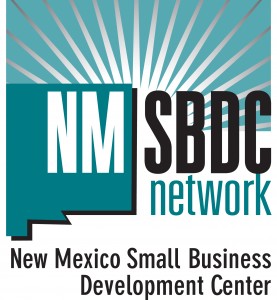Multilevel marketing (MLM) is one way an ambitious person can supplement his or her income or even create a full-time job during an economic recovery in which job creation isn’t keeping pace with employment needs. An existing business can even use MLM to expand its product line by leveraging existing business and personal contacts.
What It Is
The people who make up this $28 billion-a-year industry are independent consultants who set their own hours and earn money according to the effort they’re willing to make to sell the products supplied to them by the parent company. Familiar names in the multilevel marketing industry include Shaklee, Avon, Amway, Fuller Brush, Herbalife and one of the newest, Scentsy.
In multilevel marketing, products are sold by distributors in door-to-door contacts or at sales events in customers’ homes. Some companies encourage top sellers to recruit others to be part of a sales force; in that way, the team leader supplements personal sales with a percentage of the money raised by other members of the team. While the multilevel mileu requires little startup money, distributors who build large sales teams must be able to handle the management responsibilities that go with such a network.
What to Look For
Deciding what product to sell or company to affiliate with involves weighing how the opportunity meshes with other business goals, in the case of an existing business, and how appealing the product or service will be in the seller’s market.
Aspiring salespersons should first make sure the MLM company is legitimate and not a pyramid scheme. If the company seems to be making money by recruiting alone, it’s probably a pyramid scheme. Multilevel marketing depends on selling quality products and establishing a market. Pyramid schemes pay little attention to sales and focus on recruiting others and making high-volume sales to these recruits.
If the startup cost is substantial, that’s a red flag that the company might be a pyramid scheme. Genuine MLM companies ask for little startup money, and some may even be willing to buy back most of a distributor’s unsold inventory.
Changing Status
A multilevel marketer who’s not already a business owner is considered self-employed. While that brings many opportunities, it also comes with numerous obligations, including the obligation to file the proper tax forms at the state and federal levels.
MLM distributors need to keep accurate records of inventory, sales and deductible expenses. Many deductions — which small businesses report on the Schedule C tax form — are available to the self-employed, but the deductions have to be reasonable and necessary. Supplies, advertising, repairs, meals and entertainment, outside services, mileage or auto expenses, commissions and fees, insurance, travel, rents, postage and a home office are typical deductions.
For more information on tax obligations associated with multilevel marketing, attend one of the Small Business Development Centers seminars. The Santa Fe Small Business Development Center is sponsoring a seminar, “How Schedule C Can Get You in Trouble” on Oct. 20 at Santa Fe Community College. Visit www.nmsbdc.org to find seminars in other New Mexico towns.
Article 159
Download 159_Multilevel Marketing is Path to Job Creation PDF

